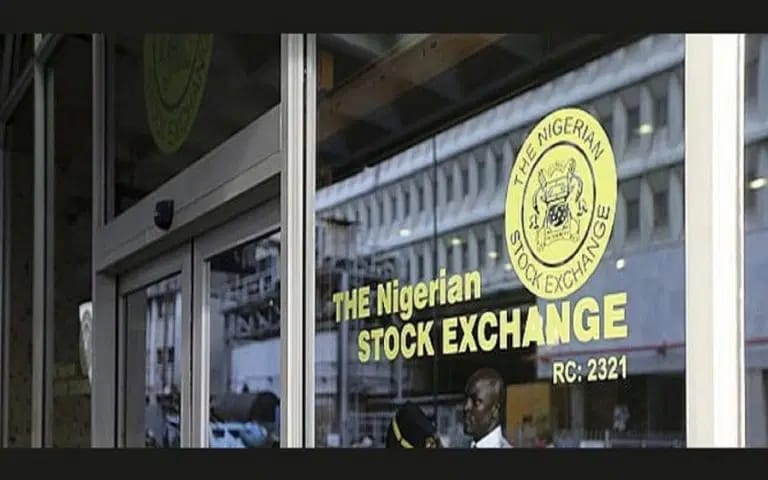The Nigerian Stock Market recorded remarkable growth in September 2025, with investors smiling to the bank after earning a massive N1.8 trillion in one month. This surge in earnings was largely influenced by recent Central Bank of Nigeria (CBN) reforms, which boosted market sentiment and encouraged more investment in equities.
According to the Nigerian Exchange Group (NGX), the market capitalization rose from N88.7 trillion in August 2025 to N90.5 trillion in September 2025, reflecting the positive impact of these reforms. The NGX All-Share Index (ASI) also increased by 1.7%, moving from 140,295.50 points to 142,710.48 points within the same period.
CBN Reforms Driving Stock Market Growth
One of the major reforms that spurred investor confidence was the CBN’s decision to cut the Monetary Policy Rate (MPR) from 27.5% to 27%. This policy shift made fixed-income investments less attractive, redirecting liquidity into the stock market.
Analysts believe this reform sent a clear signal that the apex bank is committed to reviving Nigeria’s capital market and stabilizing the economy. By lowering interest rates, the CBN provided investors with fresh incentives to channel funds into the equity market, boosting demand for stocks.
Nigerian Stock Market Performance – September 2025
Market Capitalization Growth
- August 2025: N88.7 trillion
- September 2025: N90.5 trillion
- Investor gains: N1.8 trillion
All-Share Index (ASI) Movement
- August closing: 140,295.50 points
- September closing: 142,710.48 points
- Percentage gain: +1.7%
This steady rise indicates a healthy market rebound fueled by confidence in the CBN’s monetary policies.
Top Gainers in September 2025
Some companies played a key role in driving the Nigerian Stock Market upward:
- Aradel Holdings – gained about +9.82%
- Fidelity Bank – continued strong growth in banking sector stocks
- Nigerian Breweries – recovery in consumer goods sector boosted its performance
- Transcorp Plc – maintained investor confidence with positive earnings outlook
These stocks attracted both retail and institutional investors, consolidating gains within the NGX equities market.
Stock Market Losers
Despite the impressive overall gains, the market breadth was negative. Out of the listed stocks, 31 declined while only 28 gained. This shows that the N1.8 trillion growth was driven by a few large-cap stocks, while many small and mid-cap stocks struggled.
This uneven performance highlights the need for caution, as the market’s recovery may not yet be broad-based.
Analysts’ Reactions and Market Outlook
Experts have welcomed the reforms but also cautioned investors to stay alert. Key risks that could affect the market in the coming months include:
- Inflation pressure – Rising inflation could erode real returns for investors
- Exchange rate volatility – The naira’s performance against the dollar will continue to influence foreign investment inflows
- Global oil price fluctuations – As Nigeria’s economy remains oil-dependent, crude oil market swings may impact overall investor confidence
Despite these risks, analysts believe that sustained reforms from the CBN and fiscal authorities could keep the stock market attractive in Q4 2025.
What This Means for Investors
For both local and foreign investors, the September rally presents an opportunity to reassess portfolios. With the NGX market capitalization at N90.5 trillion, there is room for further growth if macroeconomic conditions remain stable.
- Short-term investors may benefit from momentum in large-cap stocks.
- Long-term investors are advised to focus on fundamentally strong companies in banking, consumer goods, and energy.
- Risk management is key: diversification across sectors remains the safest strategy.
Conclusion
The Nigerian Stock Market’s N1.8 trillion gain in September 2025 is a clear indication of the impact of CBN’s monetary reforms and renewed investor confidence. While challenges such as inflation, exchange rate instability, and global oil market risks remain, the positive trajectory of the NGX All-Share Index and rising market capitalization suggest brighter days ahead for investors.
As Nigeria continues on its path of economic reform, the stock market is expected to remain a vital platform for wealth creation, portfolio diversification, and foreign investment attraction.






